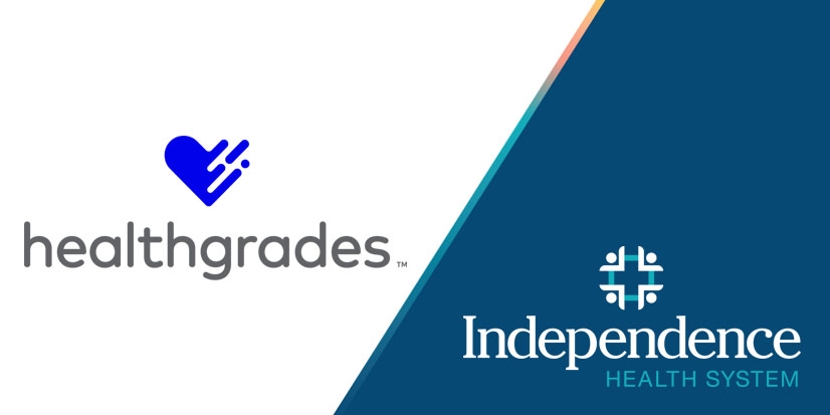Excela Health Among First in Nation to Use Innovative Technology to Identify Lung Cancer
- Category: Media Release, Excela Health Foundations, Lung Center
- Posted On:

LATROBE, PA, MAY 31, 2022 … A new innovation that holds promise in the fight against lung cancer is now in use at Excela Latrobe Hospital. A first-of-its-kind robotic technology, Auris Health’s MONARCH™ Platform will aid Excela thoracic surgeons in viewing hard-to-reach areas of the lungs and obtaining a tissue sample for biopsy of lung nodules, thus leading to earlier and more-accurate diagnosis of lung cancer.
Approximately 500,000 diagnostic and therapeutic bronchoscopies are performed annually across the United States. Common reasons for needing bronchoscopy are a persistent cough or something unusual seen on a chest X-ray or other test. During the procedure, physicians can obtain samples of mucus or tissue, remove foreign bodies or other blockages, or provide treatment for lung problems.
Patients may have benign nodules within the airways as a result of infection, inflammation and noncancerous tumors, or the nodules may be malignant. While advances in technology have had a significant impact on lung cancer management, there remain barriers to diagnosis and treatment because of the difficulty of accessing certain regions of the lungs.
The MONARCH® Platform reinvents the concept of a bronchoscope, leveraging the power of robotics and a novel telescoping design to reach deeper into the lung than conventional methods. The unique bronchoscope and sheath telescoping design has successfully accessed all 18 segments of the lung and reached an average of 4.2cm (1.65 inches) further than a conventional thin bronchoscope. Each component of the bronchoscope can be independently articulated, advanced, retracted and positionally locked, allowing physicians greater control and maneuverability deep in the lung where most small nodules are found. While the physician is controlling the robotic system, a 3-D map of the patient’s lung is shown on a computer screen. This allows the physician to see exactly where the tube is in the person’s lung and where it needs to go, and guides the physician to get to the nodule, much like GPS in a car.
The technology integrates the latest advancements in robotics, software, data science, and endoscopy (the use of small cameras and tools to enter the body through its natural openings). Out of the approximately 5,000 hospitals across the United States, Excela Latrobe Hospital is one of only 165 to utilize the platform, which was recently cleared by the U.S. Food and Drug Administration (FDA).
"Lung cancer is the leading cause of cancer deaths worldwide, in part because it has no symptoms in its early stages. Because the MONARCH® Platform provides improved reach, vision and control for bronchoscopic procedures, it holds potential to help us to make a diagnosis earlier,” said thoracic surgeon Michael Szwerc, MD, Medical Director of the Center for Lung, Esophageal and Thoracic Disorders at Excela Health. “We are excited about the promise of this technology to offer a more hopeful future for our patients with lung cancer.
“Through the Advanced Lung Center cancer screening program at Excela, we have performed more than 15,000 low dose CT scans in an effort to identify patients who are high risk for developing lung cancer. With the addition of MONARCH, we now have another valuable diagnostic tool to help identify those patients who have early-stage lung cancer,” added Dr. Szwerc.
Many people diagnosed with lung cancer do not survive the disease, in part because it is often found at an advanced stage. This technology complements the entire thoracic oncology program at Excela Latrobe Hospital where clinicians utilize two Intuitive DaVinci Robotic Surgical Platforms for the minimally invasive treatment of most lung cancer in most patients.
Excela Health ranks among the top 10 programs in Pennsylvania for lung cancer surgery in the latest data published by the Pennsylvania Health Care Cost Containment Council (PHC4), which reports hospital surgical volume and patient outcomes. This information can be helpful to cancer patients, their families, and others when making decisions about cancer surgical care in Pennsylvania as it relates to value and quality, and expertise of clinicians.

